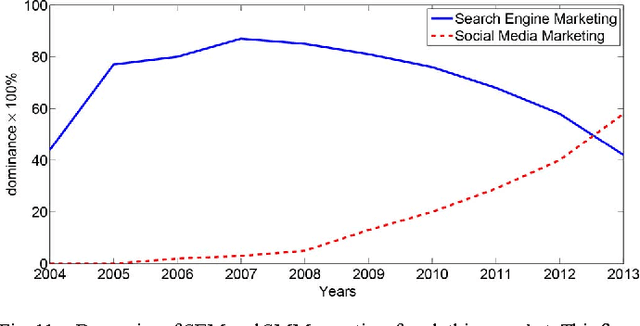Minimax Optimal Sparse Signal Recovery with Poisson Statistics
Paper and Code
Jan 21, 2015



We are motivated by problems that arise in a number of applications such as Online Marketing and Explosives detection, where the observations are usually modeled using Poisson statistics. We model each observation as a Poisson random variable whose mean is a sparse linear superposition of known patterns. Unlike many conventional problems observations here are not identically distributed since they are associated with different sensing modalities. We analyze the performance of a Maximum Likelihood (ML) decoder, which for our Poisson setting involves a non-linear optimization but yet is computationally tractable. We derive fundamental sample complexity bounds for sparse recovery when the measurements are contaminated with Poisson noise. In contrast to the least-squares linear regression setting with Gaussian noise, we observe that in addition to sparsity, the scale of the parameters also fundamentally impacts $\ell_2$ error in the Poisson setting. We show tightness of our upper bounds both theoretically and experimentally. In particular, we derive a minimax matching lower bound on the mean-squared error and show that our constrained ML decoder is minimax optimal for this regime.
 Add to Chrome
Add to Chrome Add to Firefox
Add to Firefox Add to Edge
Add to Edge